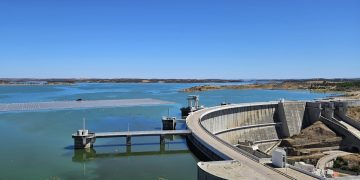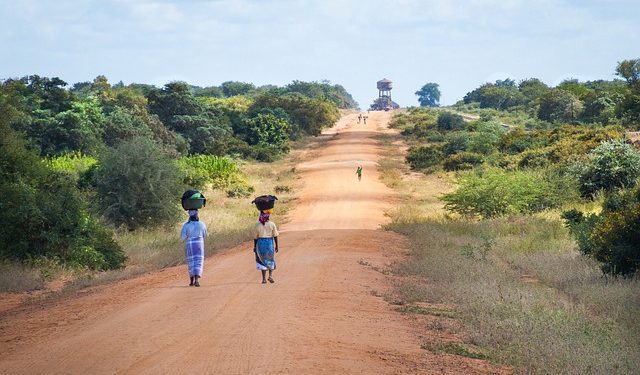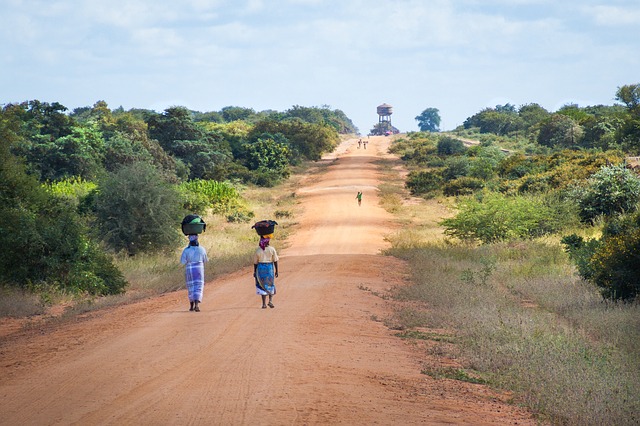Faced with weather extremes, food insecurity and a fast-growing population, there is growing acceptance in Uganda for adopting innovative biotechnologies to address climate change-related agricultural challenges.
Unlike its neighbor, Kenya, which has warmed up to and benefitted from biotechnology, Uganda has faced long odds, primarily due to the lack of a supportive biosafety law and low awareness about the benefits of biotechnology. President Yoweri Museveni has failed to sign the genetic engineering regulatory bill twice passed by the legislature.
But forces beyond politics, such as the increasingly adverse impacts of climate change on the country’s agricultural sector, have been at play, inevitably changing the narrative.
“Political involvement in regulation has been a limiting factor in easing the regulatory barriers to the development and deployment of biotechnology, but as the climate warms and as the country’s population continues to surge, the country’s decision-makers will have to reduce their objections to biotechnology,” Jonan Twinamatsiko, a researcher and science policy expert, said.
Yona Musinguzi, a member of parliament’s science, technology and innovation committee, said Uganda will have to follow the lead of other nations in Africa that have successfully adopted biotechnology and are currently transforming their small-holder farming sectors into commercialized and market-oriented businesses
In recent months, scientists and other biotechnology proponents have expanded calls to resurrect the bill that provides a regulatory framework to facilitate the safe development and application of biotechnology
During a recent media Bio café event organized by the Science Foundation for Livelihoods and Development (SCIFODE) and the Program for Biosafety Systems (PBS), scientists issued a communique urging parliament to re-table the bill for further debate. However, they’re still awaiting a response.
Senior Ugandan government officials have also joined the chorus. Erostus Nsubuga, a biotech innovator and founder of Agro-Genetic Technologies, disclosed he used his position as a member of the Presidential Investors Roundtable to prevail upon Museveni to sign the bill.
Elioda Tumwesigye, Uganda’s former science, technology and innovation minister, similarly revealed in a recent webinar that amendments to the bill had been discussed and would soon be brought to bear. The measure’s strict liability clause has been declared a non-starter by scientists and others.
“The government’s current open-mindedness towards the sciences implies that science-based amendments will be effected into the bill,” he said. “The plan is to adopt a pragmatic fault-based liability for a more functional law as guided by the Cartagena Protocol on Biosafety, to which Uganda is a signatory.”
Tumwesigye added that Uganda intends to employ biotechnology beyond crops, as indicated by Makerere University scientists using the tool to develop a vaccine to reduce the prevalence of cattle diseases like East Coast fever.
“The development of an anti-tick vaccine, plus many other biotechnology innovations that the country’s scientists have produced at the National Agricultural Research Laboratories, actually shows that there is no proscription on scientists’ intent on harnessing biotechnology for their various research undertakings,” he said. “The President also recently suggested that the country’s scientists harness biotechnology to find a cure for COVID-19.”
But while research can be conducted, none of the products can be released for use by farmers and livestock tenders until they are approved under a biosafety law. The uncertain regulatory climate also discourages investments.
Dr. Arthur Makara, Uganda’s commissioner of science, technology and innovation, noted that there must an earnest push — starting this year — to have the bill passed into law.
“Technologies are changing fast and Uganda, with its uncertain regulatory climate, is lagging behind and losing out as other nations in the region successfully integrate biotechnology research into their agriculture transformation and development agendas,” Makara said.
“There is no doubt that the country’s regulatory climate has been a disincentive to biotechnology research and agriculture development, yet agriculture development is the most potent strategy to achieve development outcomes for the country.”
Dr. Maxwell Otim Onapa, the government’s director of science, technology and innovations, said it is incumbent upon Uganda’s scientists, especially those already applying biotechnology in their research, to advocate for and explain the technology.
“Headway has already been made in bringing some decision-makers up to speed with the reality that biotechnology is driving the fourth industrial revolution,” Onapa said. “But there is more work to be done. Empirical evidence that dispels the negative biotechnology sentiments that still abound among other decision-makers should be availed and given to the MPs. It is our role as scientists to explain the virtues of biotechnology and some of its new approaches to the new Members of Parliament and to lay to rest some of the safety concerns the President has.”
By Richard Wetaya





















































Discussão sobre este post